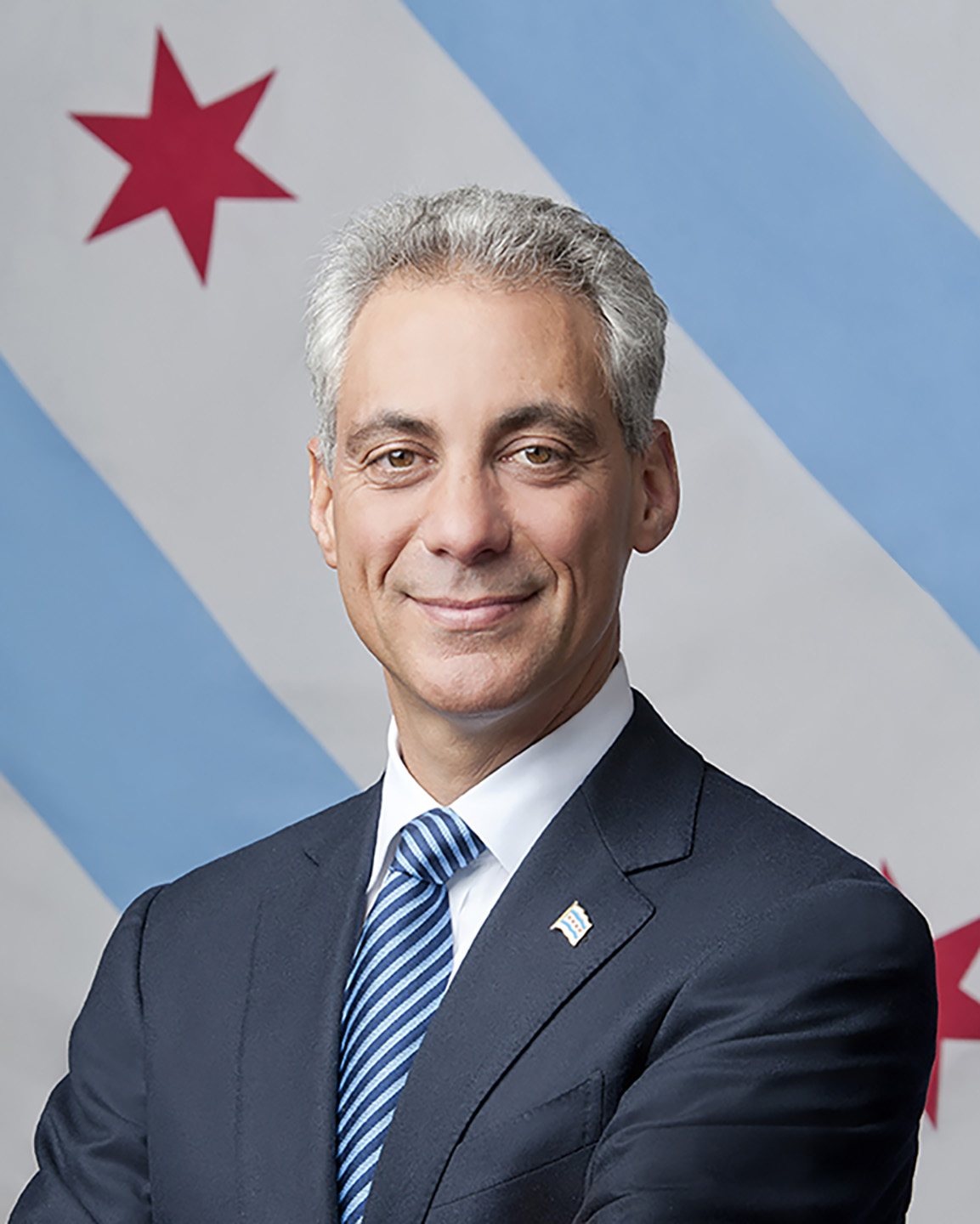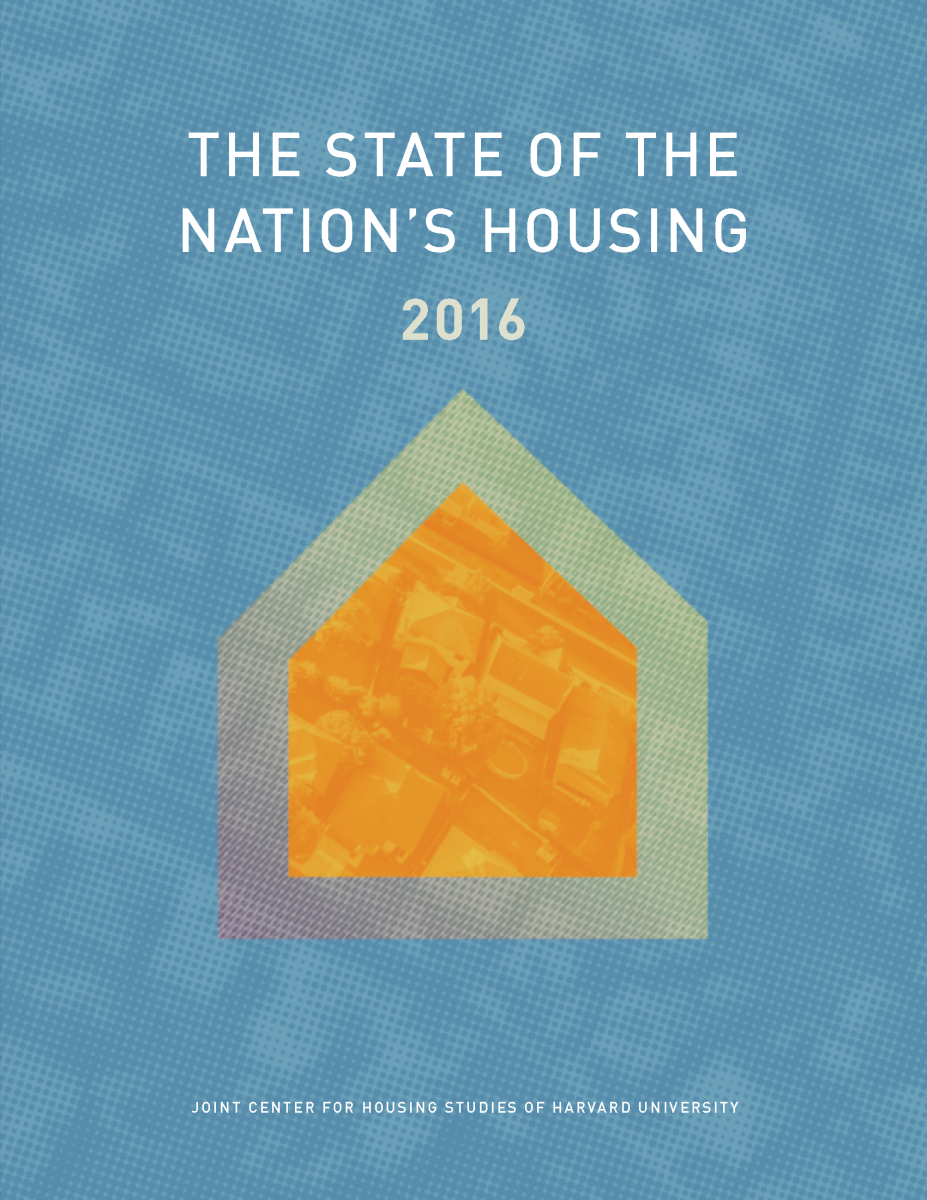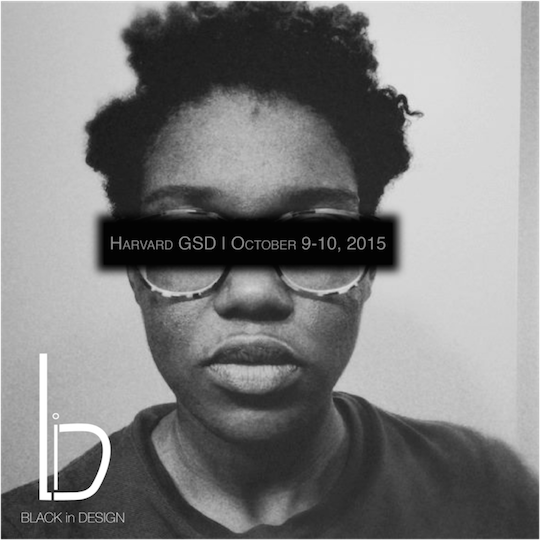Ranjani Mazumdar, “The Cinematic Slum”
The slum has been a visual force in a number of city films from across the world. The use of certain geographical locations and popular discourses about crime and poverty have given shape to a diverse range of images that are at once powerful, mythic and disturbing. This event, which will kick off a two-day conference on “Slums: New Visions for an Enduring Global Phenomenon,” will explore the perceptions that have fuelled the imagination of the cinematic slum.
Mazumdar will be joined on stage by Janice Perlman, President, The Mega-Cities Project and Brodwyn Fisher, Professor of Latin American History, University of Chicago. Their conversation will be moderated by George ‘Mac’ McCarthy, President and CEO, the Lincoln Institute of Land Policy.
Ranjani Mazumdar is Professor of Cinema Studies at the School of Arts & Aesthetics, Jawaharlal Nehru University. Her publications focus on urban cultures, popular cinema, gender and the cinematic city. She is the author of Bombay Cinema: An Archive of the City (2007) and co-editor with Neepa Majumdar of the forthcoming Wiley Blackwell Companion to Indian Cinema. She has also worked as a documentary filmmaker and her productions include Delhi Diary 2001 and The Power of the Image (Co-Directed). Her current research focuses on globalization and film culture, and the intersection of technology, travel, design and colour in 1960s Bombay Cinema.
Mark Joseph and Amy Khare, “Succeeding Where Mixed-Income Transformation Falls Short: A Path to Equity and Inclusion in Our Cities”
Co-sponsored by the Harvard Joint Center for Housing Studies, the Charles Hamilton Houston Institute for Race and Justice, and the Office of Communications.
Drawing on their work examining the costs and consequences of racial segregation and the concentration of poverty and affluence as well as the promise and pitfalls of past efforts at mixed-income development in Chicago, San Francisco, and other markets, Drs. Joseph and Khare will introduce the next frontier of efforts to promote inclusionary housing.
Mark Joseph (AB ’90) is the Leona Bevis/Marguerite Haynam Associate Professor in Community Development at the Jack, Joseph and Morton Mandel School of Applied Social Sciences at Case Western Reserve University; the Founding Director of the National Initiative on Mixed-Income Communities (NIMC); and a Faculty Associate at the Center on Urban Poverty and Community Development. His general research interests are urban poverty and community development. His current research focuses on mixed-income development as a strategy for addressing urban poverty, with particular attention to transforming public housing developments. He is the co-author of “Integrating the Inner City: The Promise and Perils of Mixed-Income Public Housing Transformation”.
Amy Khare, PhD is a Research Assistant Professor and the Research Director for the National Initiative on Mixed-Income Communities. Her research focuses on urban poverty and inequality, with an emphasis on community development, housing and politics. She is particularly interested in strategies that promote inclusion, equity and justice within cities and communities. Khare’s methodological training is as an urban ethnographer, and her professional experiences working in social justice endeavors lay the foundation of her scholarly interests.
With the National Initiative on Mixed-Income Communities (NIMC), Khare leads applied research studies and program evaluations. In addition, she provides consulting services to public, private and non-profit partners around the country. Khare is co-leading the development of an edited volume provisionally titled What Works to Promote Inclusive, Equitable Mixed‐Income, Mixed‐Use Communities, published as part of the Federal Reserve Bank of San Francisco series.
Khare is currently working on a book based on her mixed-methods dissertation study, Privatizing Chicago, which investigates the politics of urban redevelopment and public housing reforms. Most recently, Khare completed a study with Chicago’s Metropolitan Planning Council and the Urban Institute called the Cost of Segregation. This project quantifies the economic costs of racial and economic segregation and advances policy recommendations that promote equity and inclusion.
Khare received her doctorate from the University of Chicago, School of Social Service Administration in 2016 and her MSW and BSW from the University of Kansas. Her research has been published in Urban Affairs Review, Journal of Urban Affairs, and Cityscape. She also has written applied policy reports designed for diverse audiences. She previously worked for the Urban Institute. In 2015, Khare was honored by the Urban Affairs Association with the Emerging Scholar Award, presented to one doctoral candidate in the nation.
Mayor Rahm Emanuel
Co-sponsored by the Harvard Joint Center for Housing Studies and the Office of Communications.
Please join us for a conversation between Chicago Mayor Rahm Emanuel and Mohsen Mostafavi, Dean of the Harvard Graduate School of Design and the Alexander and Victoria Wiley Professor of Design.
Rahm Emanuel is the 55th Mayor of the City of Chicago and has served since 2011. During that time he has made the tough choices necessary to secure Chicago’s future as a global capital. The Mayor lengthened the school day and added more than 200 hours to the school year, taking Chicago from having the least educational time of any large school district in the country to being on par with its peers. He implemented full-day kindergarten for every Chicago child, and fought for and won new accountability measures to ensure that every teacher and principal had the necessary resources to succeed. The Mayor’s comprehensive public safety strategy is focused on expanded prevention programs for at-risk youth, smarter policing strategies, and empowering parents and communities to reduce violence in their neighborhoods. He attracted numerous companies to Chicago and helped to build the next generation of start-ups, while investing in the infrastructure, public transportation, open space and cultural attractions that make Chicago a great place to live, work, and play. And he has worked to make our government more effective, to deliver better services at a more competitive price, and to open government to the public.
Prior to becoming Mayor, Emanuel served as the White House Chief of Staff to President Barack Obama and served three terms in the U.S. House of Representatives representing Chicago’s 5th District. He previously served as a key member of the Clinton administration from 1993 to 1998, rising to serve as Senior Advisor to the President for Policy and Strategy.
Mayor Emanuel graduated from Sarah Lawrence College in 1981 and received a Master’s Degree in Speech and Communication from Northwestern University in 1985. He is married to Amy Rule, and they have three children.
PLEASE NOTE:
- GSD students who pre-registered to attend this event should bring a print-out of their confirmation (or have it pulled up on their phones) and their HU ID card.
- We have reached capacity for this event and registrations are now closed. If you pre-registered, please remember to bring a print-out of your confirmation (or have it pulled up on your phone) and a photo ID.
- No food or drink will be allowed into the auditorium.
Boston Mayor Martin J. Walsh
Presented by the Harvard Joint Center for Housing Studies
Since taking office in 2014, Boston Mayor Martin J. Walsh has made his mark in Boston and, increasingly, on the national stage as well. A former leader of Boston’s construction trade unions who also served as a state representative, Walsh has made housing and community development central to his efforts to ensure that Boston is a “thriving, healthy, and innovative” city with “equality and opportunity for all.”
In 2014, the new administration released “Housing a Changing City: Boston 2030,” which stated that Boston needed to create 53,000 housing units to accommodate the city’s growing population. The city is expected to soon top 700,000 people for the first time since the 1950s and, in keeping with this plan, had permitted almost 20,000 new units by 2016 and was reviewing plans for about 20,000 more.
The city, which built a state-of- the-art shelter for homeless people, is also developing strategies to effectively end chronic homelessness and has launched Imagine Boston 2030, which will produce Boston’s first comprehensive plan in over 50 years.
In addition, the Walsh administration has undertaken notable efforts to keep Boston at the forefront of the global innovation economy, to strengthen its schools, expand opportunities for historically disadvantaged communities, improve police-community relations, and address Boston’s troubled history of race relations.
In recent months, Mayor Walsh has also emerged as an important voice in national debates about immigration and other key federal policies and programs that could greatly affect residents, neighborhoods and communities in Boston and other cities.
Registration is now available.
Registration is not required to attend, but it is encouraged.
Angela Glover Blackwell
Angela Glover Blackwell, Founder and Chief Executive Officer, of PolicyLink, started the organization in 1999 and continues to drive its mission of advancing economic and social equity. Under Ms. Blackwell’s leadership, PolicyLink has become a leading voice in the movement to use public policy to improve access and opportunity for all low-income people and communities of color, particularly in the areas of health, housing, transportation, education, and infrastructure. A lawyer by training, she gained national recognition as founder of the Oakland (CA) Urban Strategies Council, where she pioneered new approaches to neighborhood revitalization. As a leading voice in the movement for equity in America, Angela is a frequent commentator for some of the nation’s top news organizations, and she is the co-author of Uncommon Common Ground: Race and America’s Future. She serves on numerous boards and currently serves on The President’s Advisory Commission on Educational Excellence for African Americans.
Organized by the Joint Center for Housing Studies with support from the National Housing Endowment and the John T. Dunlop Professorship for Housing and Urbanization.
For accessibility accommodations, please contact the events office in advance at [email protected] or (617) 496-2414.
The State of the Nation’s Housing 2016
The national housing market has now regained enough momentum to provide an engine of growth for the US economy, according to the latest The State of the Nation’s Housing report released today by the Joint Center for Housing Studies. Robust rental demand continues to drive the housing expansion, and sales, prices, and new construction of single-family homes are on the rise. Even more important, income growth has picked up, particularly among the huge millennial population that is poised to form millions of new households over the coming decade. At the same time, however, several obstacles continue to hamper the housing recovery—in particular, the lingering pressures on homeownership, the eroding affordability of rental housing, and the growing concentration of poverty.
Black in Design
This conference has been organized to address social justice from the perspective of design, emphasizing the importance of compassion in the design ethos, and with the goal of recognizing the contributions of African descendants to the design field and, by so doing, to broaden the definition of the designer. A series of conversations including students, faculty, and invited guests will consider design at the scale of the building, neighborhood, city, region, and globe.
Organized by the Harvard GSD African American Student Union with support from the Joint Center for Housing Studies, Hutchins Center for African and African American Research, Loeb Fellowship at Harvard GSD, the Dean’s Diversity Initiative at Harvard GSD, and H-OAP
Get additional information and complete conference schedule.
The list of confirmed participants includes:
Amber N. Wiley, Skidmore College, Saratoga Springs, NY
Brent Leggs, National Trust for Historic Preservation, Washington, DC
Bryan Mason, AphroChic, New York, NY
Craig L. Wilkins, University of Michigan Taubman College of Architecture and Urban Planning, Ann Arbor, MI
Deanna Van Buren, FOURM, Chicago
Euneika Rogers-Sipp, Harvard GSD Loeb Fellowship, Cambridge, MA
Frank Christopher Lee, Johnson & Lee, Ltd., Chicago, IL
Fred Opie, Babson College, Wellesley, MA
Jeanine Hays, AphroChic, New York, NY
Justin Garrett Moore, NYC Department of City Planning, New York, NY
K. Michael Hays, Harvard Graduate School of Design, Cambridge, MA
Kimberly C. Driggins, Harvard GSD Loeb Fellowship, Cambridge, MA
Liz Ogbu, Studio O, Berkeley, CA
Maurice Cox, City of Detroit Planning Director, Detroit, MI
Mitch McEwen, McEwen Studio, New York, NY
Phil Freelon, Perkins+Will, The Freelon Group, Raleigh-Duram, NC






